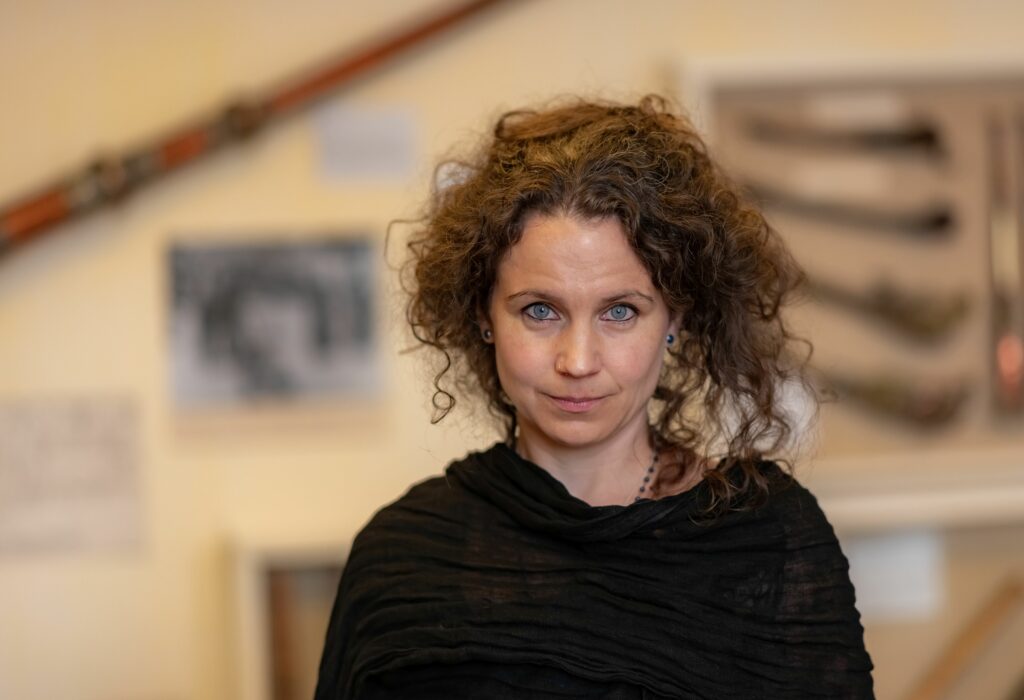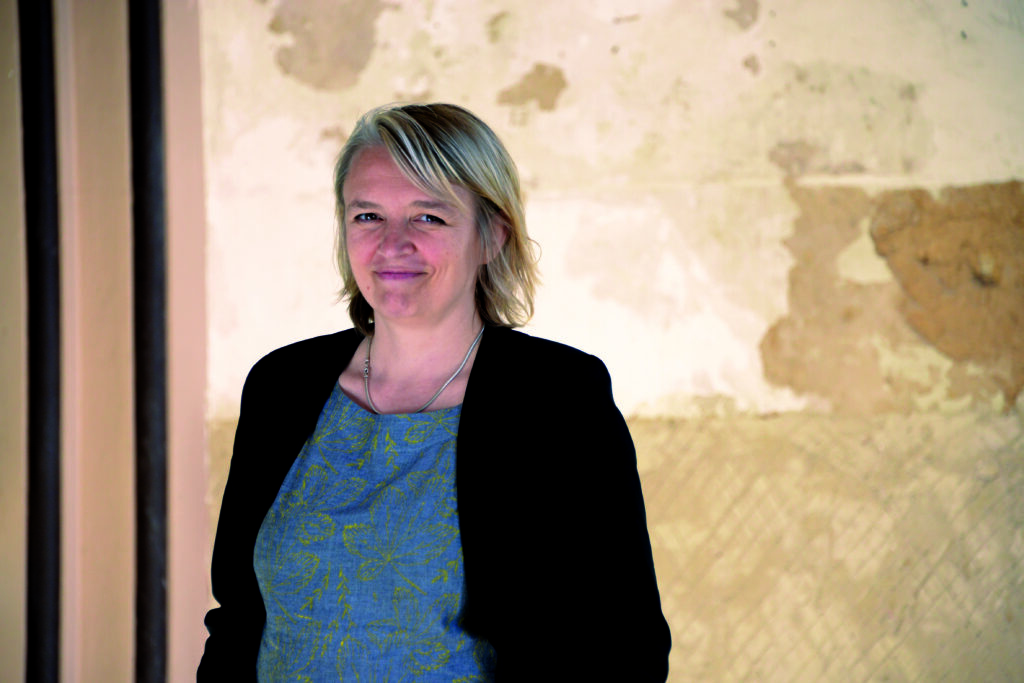Another Knowledgeing was born out of a vision to create an intellectual space for epistemological diversity – not as an antidote to established knowledge categories, but as a kaleidoscope of the various ways people comprehend the world. We see great analytical potential in the myriad of diverse traditions and practices of knowing that emerged from our lifeworlds, both in the past and today. We focus on experimental, artistic, Indigenous, subaltern, and postcolonial ways of knowing. In doing so, we are able to explore their relationship with more dominant knowledge configurations. Recognizing alternative epistemologies as viable forms of knowledge allows us to develop new perspectives on central, and sometimes inextricable, issues of today. These issues range from the imbrication of hegemonial structures and knowledge configurations, ideologies and values, cognitive pluralism and (post- and neo-) colonialism, feminism and gender equality, to social justice and climate change.
Another Knowledgeing is shaped by the research biographies of its founders:
Birgit Abels, a professor of Cultural Musicology, has a research history in music and dance as alternative knowledge practices, listening positionalities, and the corporeality of sonic experience. Her approach is informed by Indigenous epistemologies, neo-phenomenology, atmospheric theory, and postcolonial thinking (e.g., Pacific Islander epistemologies, Theory from the South).

The work of Margarete Vöhringer, a professor of the Materiality of Knowledge, is centered on the entanglement of aesthetics and knowledge. She explores artistic research practices on the one hand, and the materiality and aesthetics of the sciences on the other. She is particularly interested in those practices of knowledge production that circulate between the arts and the sciences, and that often times leave material traces beyond the written.

